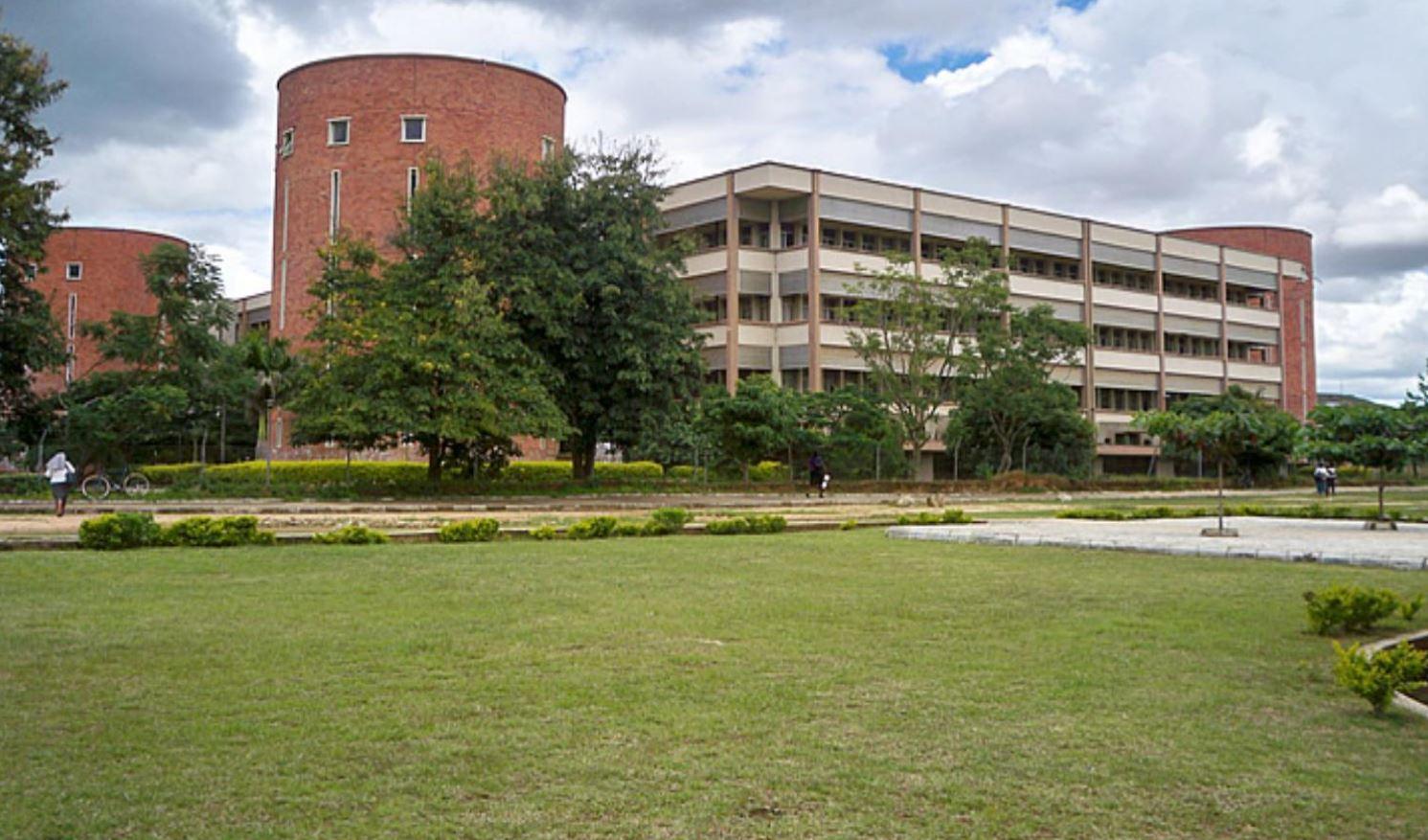YAOUNDÈ, Cameroon – Catholic medical students in Nigeria say they have been “thrown into gloom” following the Aug. 15 kidnapping of their colleagues.
The Federation of Catholic Medical and Dental Students (FECAMDS) said in a statement that the 20 students from the University of Jos (UNIJOS) and the University of Maiduguri (UNIMAID) – all in northern Nigeria – were travelling to the southern city of Enugu to attend the annual FECAMDS convention when armed men at Oyukpo in Benue State and whisked them off.
“Ever since this incident, we have been thrown into a state of gloom, and have been working tirelessly with relevant parties to ensure their speedy release,” reads the statement co-signed by the federation’s National President Ige Gabriel Ariyo, and its National Secretary General, Mary Rose Malomo.
“We are already in close communication with immediate families, and everyone directly affected, to ensure the swift and safe return of our members. We want to assure everyone that FECAMDS Nigeria is fully involved and committed to addressing the situation,” she said.
The statement further cautioned the media and the public from circulating unverified information that could jeopardize the situation.
“Our thoughts and prayers are with our abducted members and their families. We remain hopeful and committed to seeing them safely reunited with us and their loved ones,” Malomo writes.
The incident highlights not only what Catholic Bishops have described as “an epidemic of kidnapping” in Africa’s most populous nation, but more specifically, points to the continued persecution of Christians in Nigeria.
Father Moses Lorapu, the Director of Communication at the Catholic Diocese of Makurdi in Benue State, made this point.
“These medical students are Catholic attending a Catholic conference in Eastern Nigeria,” the priest said.
“Every unfortunate incident of this magnitude fuels more anxiety on the safety of ordinary Nigerians and especially Christians because there are many other unresolved cases of students kidnapped in the past years,” he told Crux.
“The greatest worry for many of us is that these medical students are not only Christians but Catholic and a majority of them are from Benue. Those who deny persecution against Christians must convince us why these kidnappings are targeted against priests and Catholics,” Lorapu said.
He blamed the government for failing to act “proactively” and noted that the lack of government action was “swelling angst among family members of the kidnapped students.”
He said such kidnappings constitute some of the ingredients that incentivized the last protest against bad governance.
At least 20 people were killed during the 10-day protests in early August. Nigeria has been faced with a surge of kidnapping as economic hardship pushes more citizens into crime. In addition, the multiplication of terrorist and militant organizations means financing is a problem, and kidnapping for ransom has become a major source of income.
The kidnappers of the 20 Catholic medical students are reportedly asking for a ransom of nearly $32,000.
Local media report that one of the kidnapped students maneuvered his phone and alerted the public by posting a desperate message on X (formerly known as Twitter).
The student revealed in the tweet that they had gone for two days without food and urged their families and the government to intervene for their immediate release.
“Please help us, we haven’t eaten for two days,” he wrote, warning the kidnappers were threatening to kill the students.
In 2022, the Nigerian Senate passed a bill banning the payment of ransoms to kidnappers. It imposed jail terms of at least 15 years for paying a ransom, and the law also punished abduction with the death sentence in case the people kidnapped die.
But families say they have no choice, as cases of kidnappings continue to rise. Between May 2023 when President Bola Tinubu came to power and January 2024, over 4,500 cases of kidnappings were recorded, according to the Nigerian consultancy firm, SBM Intelligence.
In November last year, Bishop Mathew Hassan Kukah of Sokoto in northern Nigeria admitted that his diocese had spent some $37,200 to secure the release of priests, seminarians, and other pastoral caregivers who had been kidnapped by various militia groups in the region.
“We are steadily descending into a terrible state as a country,” Lorapu told Crux.
Benue State Governor, Father Hyacinth Alia – a Catholic priest turned politician – has not committed to paying any ransom for the kidnapped Catholic students, but he has directed security agencies in the state to intensify efforts to secure the release of the students.














